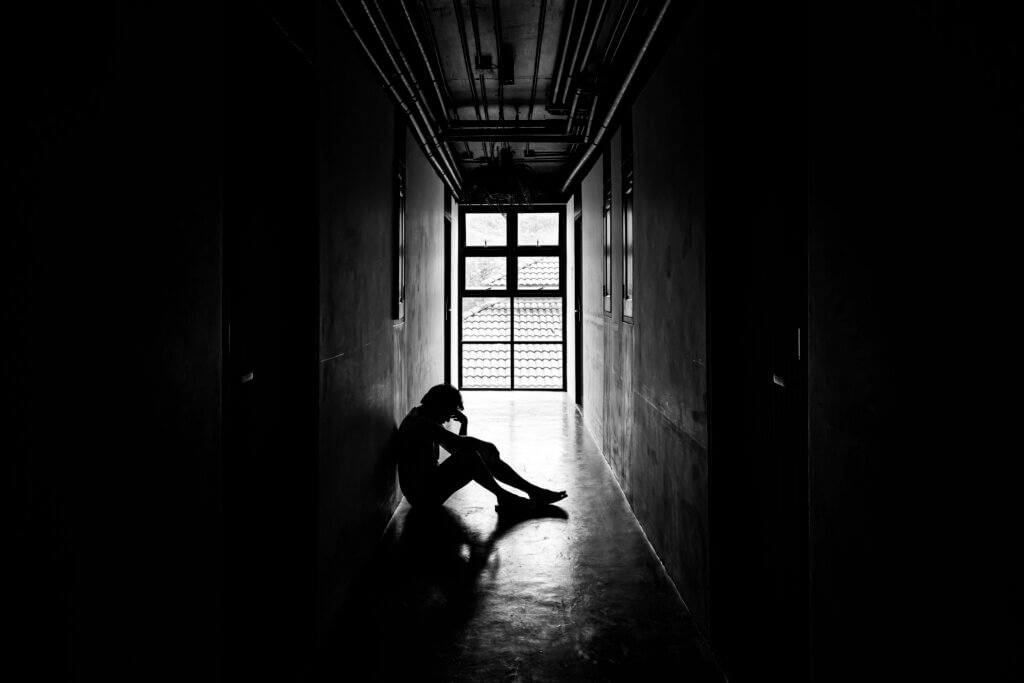Content Warning: This page discusses topics related to suicide and self-harm, which may be distressing for some readers. If you or someone you know is struggling, you are not alone. Free and confidential support is available 24/7 through the 988 Suicide & Crisis Lifeline. Call or text 988 to connect with a trained counselor right away.
BBGA Attorney Evan Jones’ Work on Suicide & Self-Harm Cases
When a patient seeks help for mental health concerns, they, and their families, place immense trust in the hands of professionals who are obligated to recognize danger signs and respond appropriately. But when that trust is broken through negligence, the consequences can be devastating.
Blasingame, Burch, Garrard & Ashley Shareholder Evan W. Jones has spent years representing individuals and families harmed by negligent mental health care. His work includes multiple seven-figure settlements in cases involving suicide and suicide attempts, often tied to premature discharges, improper treatment, or inadequate supervision in clinical or inpatient settings. While many of these recent cases remain confidential, they reflect a growing pattern of systemic failures in how mental health providers meet (or fail to meet) their legal and ethical obligations.

A Landmark Case: Peterson v. Reeves (2012)
One of the most significant publicly available examples of Evan’s work in this area is the 2012 Georgia Court of Appeals case, Peterson v. Reeves. In that case, a patient under outpatient psychiatric care attempted suicide. The plaintiff alleged that her psychiatrist failed to properly assess her risk, intervene, or initiate involuntary hospitalization despite clear warning signs.
The central legal question was whether a physician owed a duty to prevent suicide in an outpatient setting, particularly when they were not in physical control of the patient. The defense argued that no such duty existed without control or hospitalization.
However, the Georgia Court of Appeals disagreed. The court held that mental health professionals do have a duty to exercise reasonable care and skill, regardless of the treatment setting. If a provider breaches the standard of care and that breach causes harm, even through self-inflicted injury, they can be held legally accountable.
This case helped clarify the duty of care mental health providers owe in Georgia and paved the way for further legal developments. It also contributed to a broader conversation around tort reform, patient safety, and accountability in psychiatric care.
🔗 Read the full Peterson v. Reeves opinion here
Understanding the Standard of Care in Mental Health Settings
Mental health care providers, including doctors, psychologists, psychiatrists, hospitals, and treatment facilities, are legally and ethically required to:
- Thoroughly assess patient suicide risk
- Follow evidence-based treatment protocols
- Monitor and supervise patients appropriately, especially those in crisis
- Avoid premature discharge without proper safety planning
- Take steps to intervene if a patient is a known danger to themselves or others
When these standards are ignored, patients can be left vulnerable, and families are often left with irreversible loss or lifelong consequences.
Why These Cases Are Complex, and Why Experience Matters
Mental health-related injury and wrongful death cases are among the most challenging types of medical malpractice litigation. They often involve:
- Expert psychiatric testimony
- Navigating complex healthcare systems and documentation
- Proving causation in cases of suicide or self-harm
- Handling sensitive and emotional topics with care and discretion
Evan has spent his career tackling these challenges head-on. His deep understanding of mental health law, paired with his compassion for families, has led to significant justice and financial relief for clients across Georgia.
About Evan W. Jones

Evan W. Jones is a shareholder at Blasingame, Burch, Garrard & Ashley, P.C. and represents clients throughout Georgia in complex injury and wrongful death cases, including those involving psychiatric negligence, delayed diagnoses, surgical errors, and more.
Evan’s passion lies in helping people who have experienced unimaginable harm due to the negligence of others, especially in cases where mental health systems have failed.
This blog post may be reproduced as part of an upcoming email update for BBGA’s referring attorneys. To learn more about our litigation team or Evan’s ongoing mental health-related work, click here.
Disclaimer: The content on this page discusses sensitive topics that may be distressing, including suicide, self-harm, abuse, or medical trauma. It is intended for informational purposes only and is not a substitute for professional help. If you or someone you know is in crisis, call or text 988 to connect with the Suicide & Crisis Lifeline for free, confidential support available 24/7.
Referrals and Co-Counsel Opportunities
Blasingame, Burch, Garrard & Ashley frequently partners with attorneys across Georgia and the Southeast on high-stakes injury cases. If you have a potential case involving psychiatric negligence, suicide, or serious self-harm, our firm can offer the experience and resources needed to litigate these matters effectively.
To discuss a referral or co-counsel opportunity, please fill out the case referral form below or give Evan a call at 706-354-4000.

